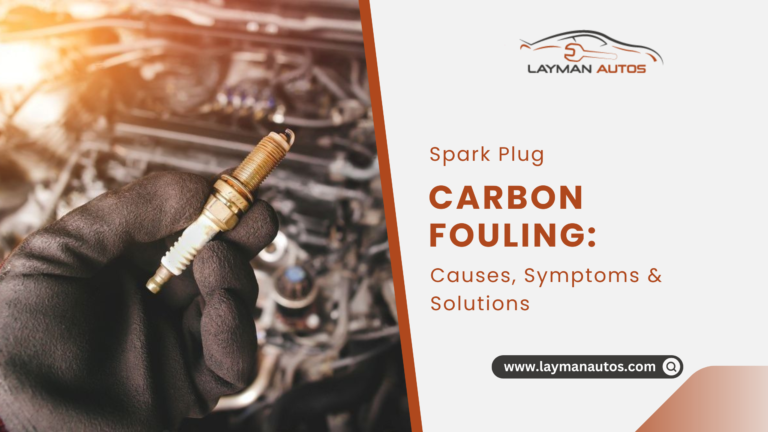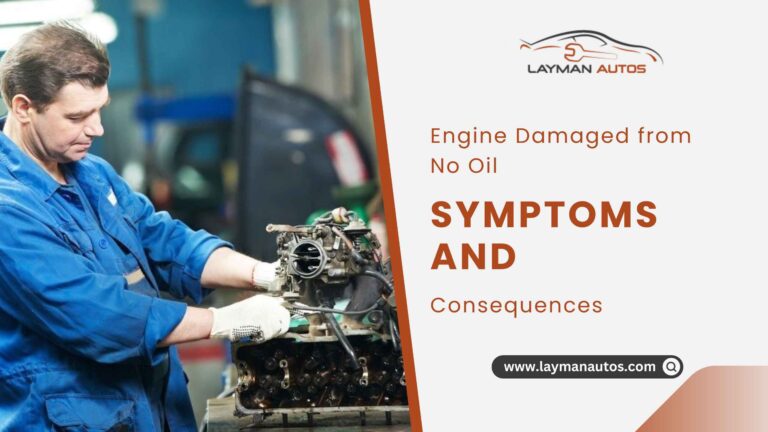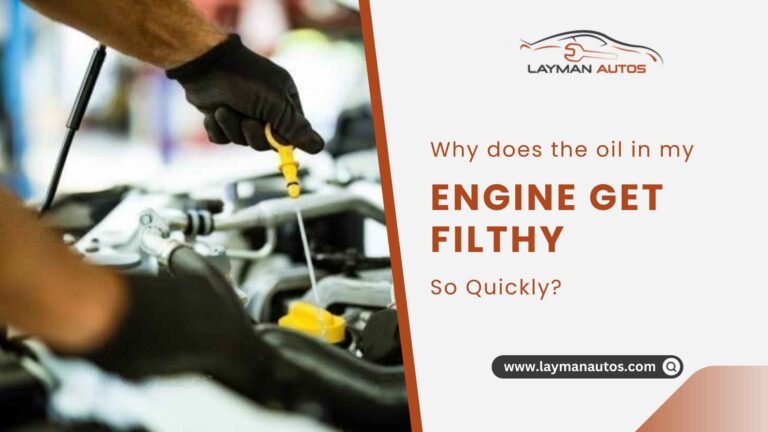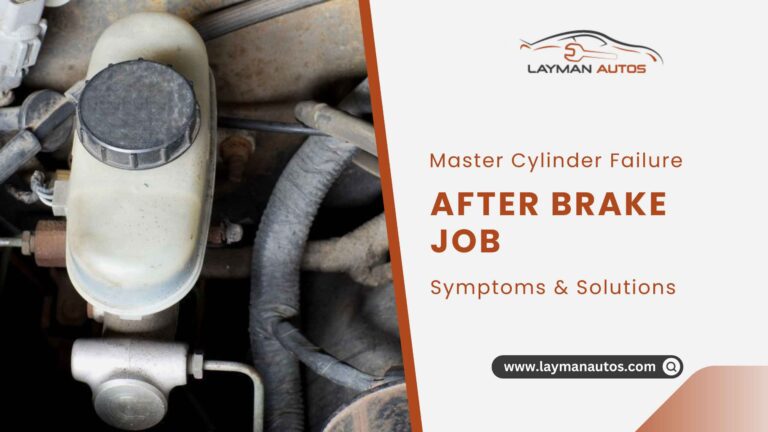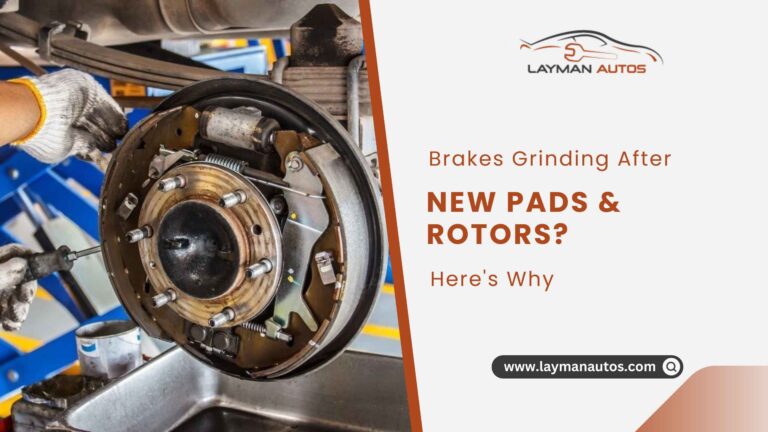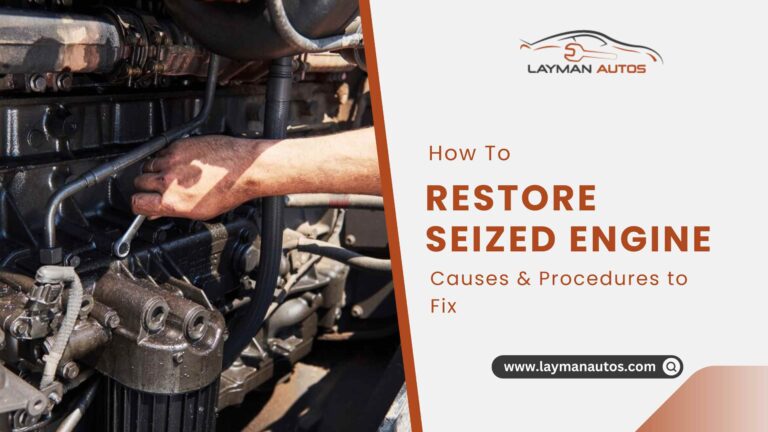Causes and Solution of Clunking Noise When Braking
The presence of this noise usually indicates that your brakes need attention. There are a number of potential causes, therefore it’s best to have a mechanic check over your vehicle.
New brake pads or rotors might be all that’s needed in some circumstances. A seized brake caliper, very loose wheel bearings, worn ball joints, or other loosened steering components might all contribute to the clunking sound when braking. Nonetheless, it may indicate a more serious problem, such as a brake fluid leak.
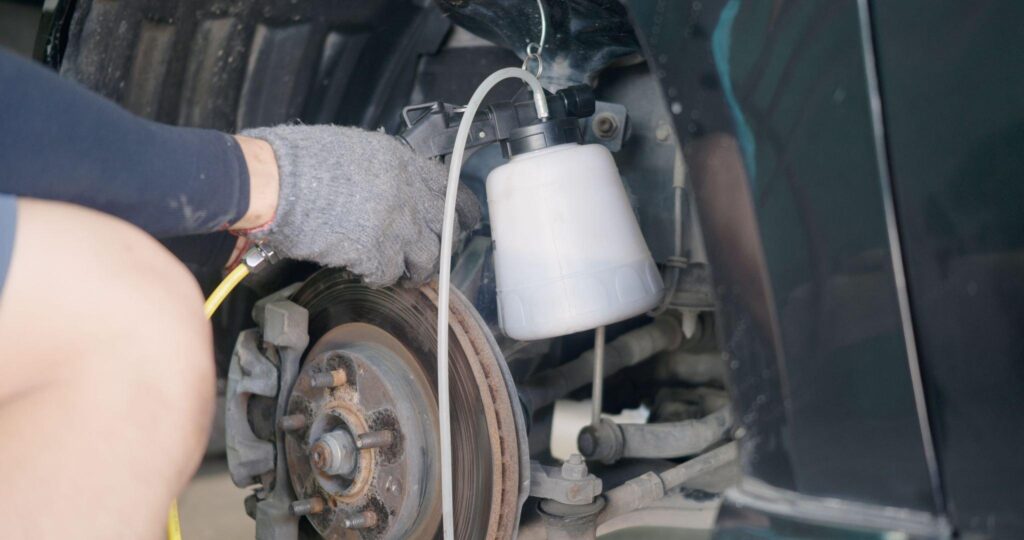
There might be a number of factors at play if your automobile makes a clunky sound when you use the brakes. When your brakes start making a clunking or knocking noise, it might be because of normal brake wear or because your brake pads are worn out. Avoiding an accident may become more challenging as a result of the reduced stopping speed.
If the clunking persists for an extended period of time, it might cause other problems with your car’s braking system. Here, we’ll go over what to do if your automobile produces a clunking sound when braking, as well as some preventative measures you can do to make sure it doesn’t happen again.
Causes of a Clunking Sound When Braking
If your brakes make a clunking sound when you apply the brakes, it might mean there’s a problem. In order to find a remedy and prevent future harm, it is necessary to locate the origin of the rattling. In this section of the article, we’ll discuss the most frequent reasons for clunking sounds when braking.
1. Damaged Control Arms
Worse even for off-road explorers is the possibility of control arm wear over time. Wheel movement and a clunking sound when braking are both symptoms of control arms that have worn out.
In a well-maintained vehicle, the control arms maintain appropriate wheel alignment by interacting with the suspension. Front wheels may become misaligned due to wear on the arms over time. This is especially problematic for off-roaders, who put additional weight and force on their suspension.
Steering issues and uneven tyre wear are just two of the many costly consequences that can result from a wheel that isn’t properly aligned. Your control arms may need to be adjusted if you’ve noticed that your automobile isn’t handling as well as it once did or if your tyres are wearing unevenly.
2. Loose Bolts
Do you ever hear a clunk when braking? Then perhaps some of your car’s bolts are loose. The automobile may slide out of control if the bolts come free.
If your automobile makes a clunking sound when you apply the brakes, you should get it checked out immediately. The technician will check to make sure all the bolts are securely tightened. Don’t ignore the issue; it might cause a serious mishap if you don’t.
If you notice a clunking sound whenever you apply the brakes, it’s possible that the bolts aren’t tight enough. Take care to ensure that every screw is securely fastened.
3. Loose Or Seized Brake Caliper
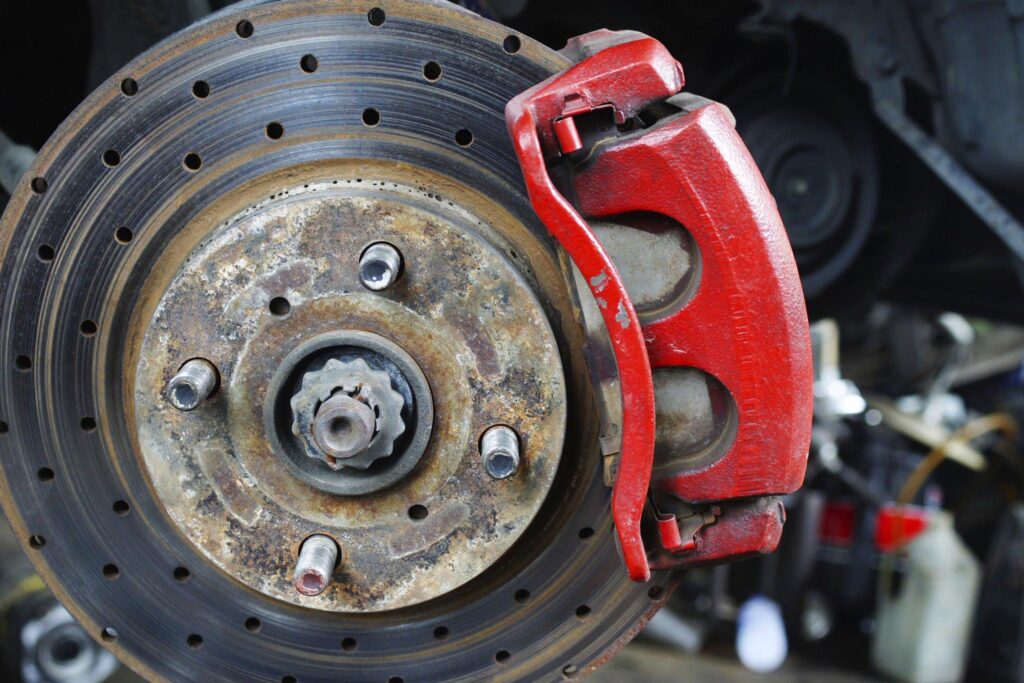
Let’s say you leave your automobile sitting for a long time without driving it, at which point rust and corrosion will have a chance to inflict extensive damage. It is possible for the brakes to become inoperable if the handbrake cable mechanism becomes jammed.
Therefore, additional lubrication of wires and other components is required to prevent clunking sounds during braking.
4. Damaged Shock Absorbers
A vehicle’s shock absorbers are crucial to its safe operation. They do their best to level out the ride and assist the driver maintain control of the vehicle over bumps on the road. Long periods of time spent on rough roads might harm or wear out the shock absorbers.
A less comfortable ride and compromised handling are also possible outcomes of this. If your car isn’t handling as well as it once did or if you’re having a difficult ride, it may be time to get new shock absorbers.
The shock absorbers may eventually break or wear out if you drive roughly on bumpy roads. In some cases, this might result in a clunking sound whenever the brakes are used.
5. Worn Brake Pads
A clunking sound when braking is usually the result of worn brake pads. Brake pads wear down and lose their friction-generating capacity when their thickness drops below a certain threshold.
The automobile may continue to move even after the driver has applied the brakes, which is obviously unsafe. Brake rotors might be damaged beyond repair if the brake pads are worn. You may prevent this by having your brakes checked frequently and replaced as needed.
6. Low Brake Fluid
Compressible fluids, such as air, will cause the braking system to fail since brake fluid is incompressible. Since clunking noises can result from air bubbles in the brake fluid, this is a common problem.
When the level of brake fluid is low enough, air might enter the lines and diminish the brakes’ efficacy. This occurs as a result of the compression and subsequent release of air bubbles when the vehicle slows down. A quick top-off of the brake fluid can prevent this from occurring.
7. Worn Brake Calipers
There are many moving components in a car, and if even one of them is misaligned, it can affect the vehicle’s performance and potentially put the driver in danger. The brake caliper is a good illustration of this type of device. If the brakes aren’t oriented correctly, the pads won’t make full contact with the rotors, reducing braking efficiency or making it impossible to stop the vehicle.
That’s why it’s crucial for car assembly workers to get everything lined up just so. For the car’s safety and the functionality of its components, this is an absolute necessity.
8. Worn Out Brake Discs & Disc Rotors
Clunking sounds when braking is another symptom of a deformed rotor. A popping noise when braking is another sign of a worn rotor.
A clunking sound when braking might also be caused by discs that are loose or broken.
Clunk Noise When Releasing the Brake Pedal
Because your car’s braking system has several moving elements, any unusual sounds are a reason for alarm. It’s probable that something is either too loose or too tight in your braking system if you’ve already checked the fluid, pads, and rotors. Here we have listed the most plausible suspects:
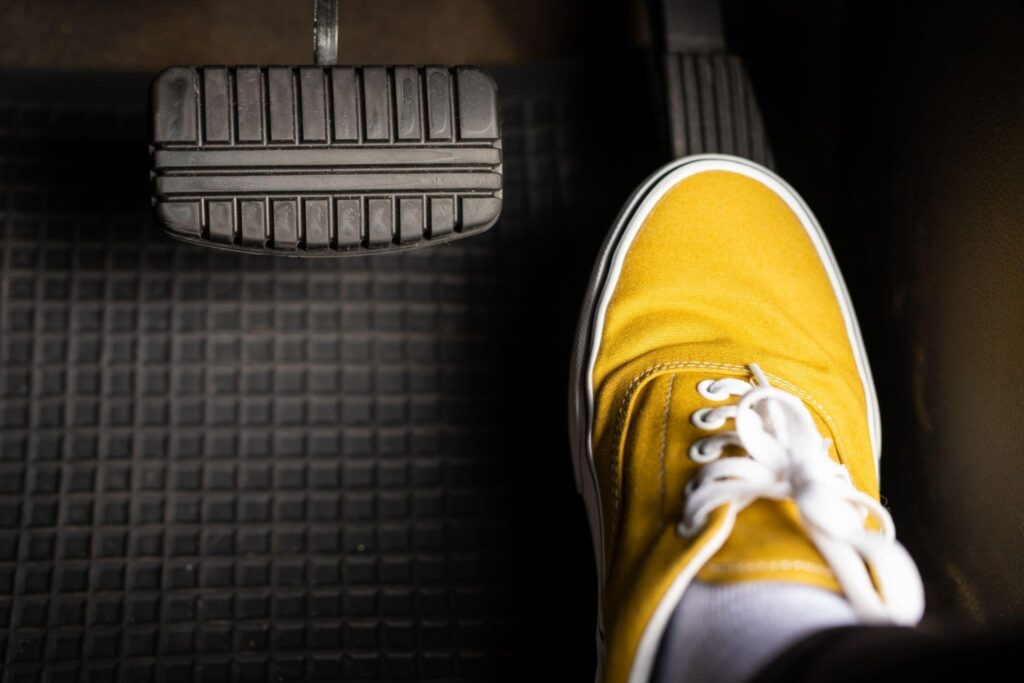
When you step on the brake pedal, the rotor is grabbed by the calipers. You will hear a clunk and feel drag from the affected wheel if the caliper does not release when you remove the brake. Replacing a caliper will set you back $100.
When you let off the brake, a vehicle equipped with a CV axle or CV joints may make a clunk or thud if any of the components are loose. Every axle in your car will set you back $1,000 to replace.
Bushings in the suspension system have worn out, allowing additional play in the suspension. In addition to the clunking sounds, you may also notice a shimmy in the front end as a result of this. Close to $300 is needed to replace something.
In certain cases, though, a part may only need to be tightened or greased instead of replaced.
How To Fix Clunking Noise When Braking?
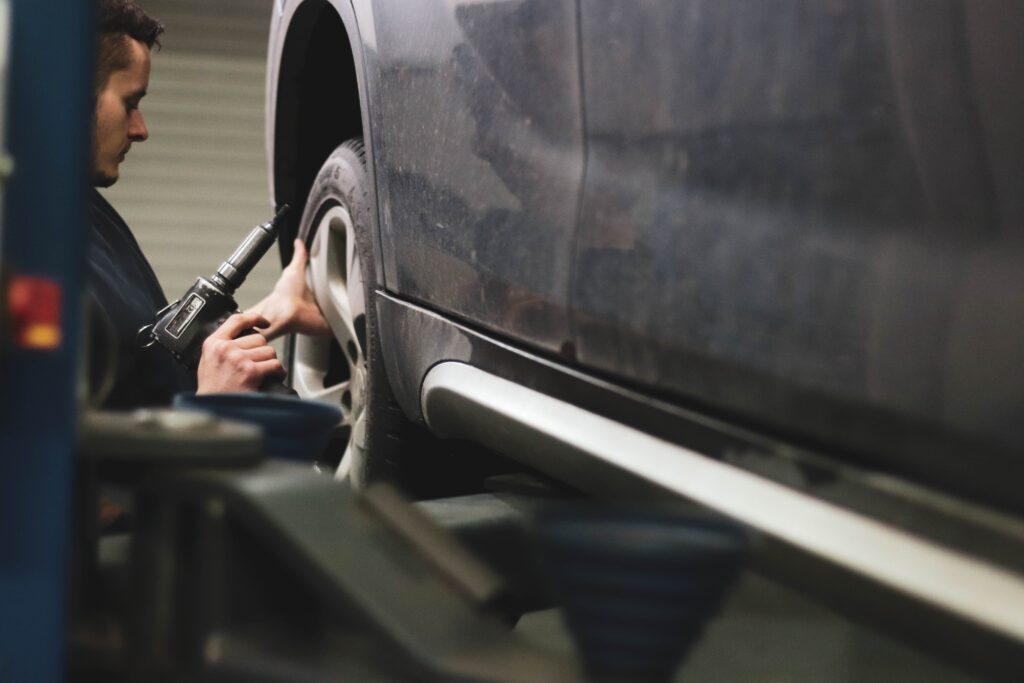
1. Check All Four Tires For Damage
Tires with worn treads or significant cracks make noise by rattling on the braking pads and calipers. When traveling at high speeds, this is very risky. On the other hand, low speeds can keep you safe. Be careful to inspect all four of your car’s tyres for damage before setting out on the road to prevent this from happening. Put forth the time and effort to correct any issues you may find.
2. Check For Fluid Leaks
When it comes to a vehicle’s safety features, brakes are among the top priorities. You can’t risk being unable to stop in an emergency if they aren’t in good functioning order. Leaks in the hydraulic lines are one potential source of braking system difficulties.
A buildup of air pressure in the brake lines might be dangerous if the lines spring a leak. Compression of the bladder and an unpleasant clunking sound when braking are two undesirable results of this. In order to ensure that your brakes continue to function correctly, you should inspect them for fluid leaks on a regular basis and get any that you find repaired as soon as possible.
3. Adjust Brake Calipers
One possible cause of the clunk you hear when using the brakes is misaligned brake calipers. Incorrect alignment between the caliper’s two sides leads to increased brake wear. The brake calipers merely need to be adjusted and the problem will be solved.
Brake calipers may be fine-tuned by releasing the bolts that secure them in place. You can adjust their placement after they’re free. After making any necessary adjustments, snug the bolts back up. You should probably take your automobile to a repair shop if you don’t know how to adjust the brake calipers.
4. Replace Warped Rotors

A clunking sound when braking may indicate deformed or broken rotors. This is because uneven wear on the rotor and the brake pad will result from the two parts not fitting together properly. Avoid further damage by replacing warped rotors as soon as feasible.
5. Check Brake Pads
If you hear a clunk when you use the brakes despite checking the tyres, the leaks, and the calipers, you should inspect the brake pads. If the brake pads are worn down, the car will make a clunking sound when you apply the brakes.
In most cases, you can see if your brake pads have worn down and require replacing. They can be used safely as long as they are more than 1/4 inch thick; any thinner and they should be discarded. You may also use a screwdriver to tap on the brake pads to see whether they are working properly. They need to be changed if they create a metallic noise.
Conclusion
When using the brakes, if you hear a clunking sound, it is frequently a sign of several worn or broken components. It’s possible the brake pads are worn out and require replacing, or the calipers aren’t clamping down tightly enough. After having the brakes changed, if the clunking sound still persists, it might be a sign of trouble with the vehicle’s suspension or steering. Get a professional mechanic’s opinion on how to proceed.
Frequently Asked Questions
Why Does My Car Make A Noise When I Brake Slowly?
When you apply very light pressure to the brakes, your automobile may create a noise for a few different reasons. Braking can cause wear and tear on your vehicle, and one likely cause is the friction caused by the pieces of the brakes making contact with each other.
What Kind of Risk Does It Pose If Your Brakes Make a Clunking Noise?
It’s important to be cautious behind the wheel because of all the potential hazards out there. Clunks and other noises when braking are one such risk.
Why Do I hear a clunking noise from the rear wheel when driving?
When driving over bumps, you may notice a clunking sound coming from the rear wheel of your vehicle. This may be caused by a number of different components, all of which may be checked. This issue is typically caused by worn or loose sway bar links or sway bar bushings.


